Molly McCann was thirteen-years-old when she was diagnosed with epilepsy. She recently shared her story with the Epilepsy Foundation of Florida, which is relatable to so many young people affected by the disorder.
Molly grew up in Tallahassee, FL as an athlete—physical activity had always played a central role in her life. When Molly learned she had epilepsy, she was scared to continue her regular activities for fear of when the next seizure might hit. She was afraid her friends and classmates wouldn’t be able to relate to what she was going through.
The teenage years are a trying time for everyone, but those coping with epilepsy have added stressors that most would find challenging, if not impossible, to battle. Molly is an exception. Her strength is admirable and inspirational. She didn’t let epilepsy slow her down and in the two years since she’s been diagnosed, she’s fought the disorder by staying positive, remaining active, and keeping an open line of communication with loved ones.
Molly’s advice to other teenagers who find themselves in a similar situation is simple: Take your medicine, keep your doctor appointments, and, most importantly, identify an adult you’re comfortable with to talk to about your fears.
“I’m fortunate to have found a teacher at my school to reach out to and discuss various issues impacting me,” Molly said. “Having an outlet for your emotions and a reliable support system is the most impactful way to move forward with your diagnosis.”
Another way Molly believes young people can cope is by engaging more with others that are experiencing the same things. She suggests attending one of the Epilepsy Foundation’s National Conferences, an experience Molly says opened her eyes to how many other teenagers are affected by epilepsy. She was able to connect and build friendships with people who truly understood her, a crucial and necessary lifeline for Molly.
“By contacting your local Epilepsy Foundation of Florida chapter and requesting to be connected with other community members, you can establish your own local support systems,” Molly said.
This summer has been filled with physical activities for Molly, who is preparing to get her driver’s license. She serves as an advocate for epilepsy and a reminder that is possible to lead a full and active lifestyle.
“The most important thing is to not be embarrassed to tell others of your condition,” Molly advises. “It may take time, but things WILL get better.”



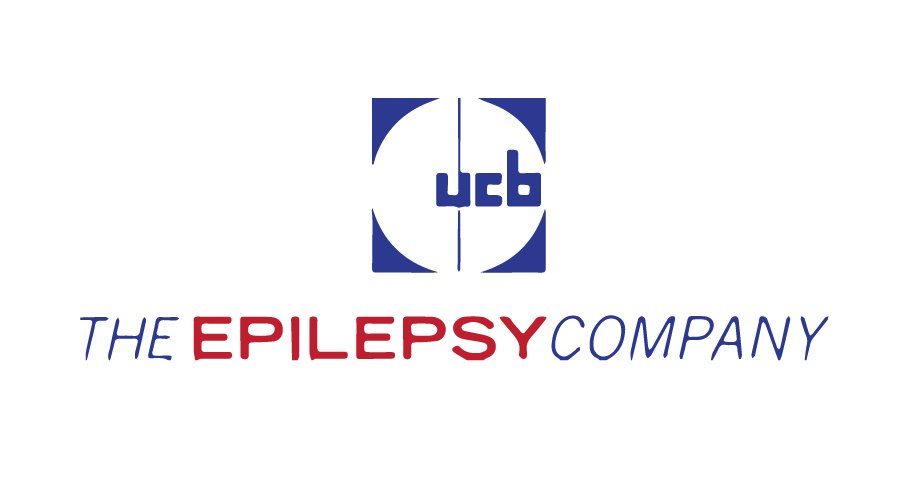



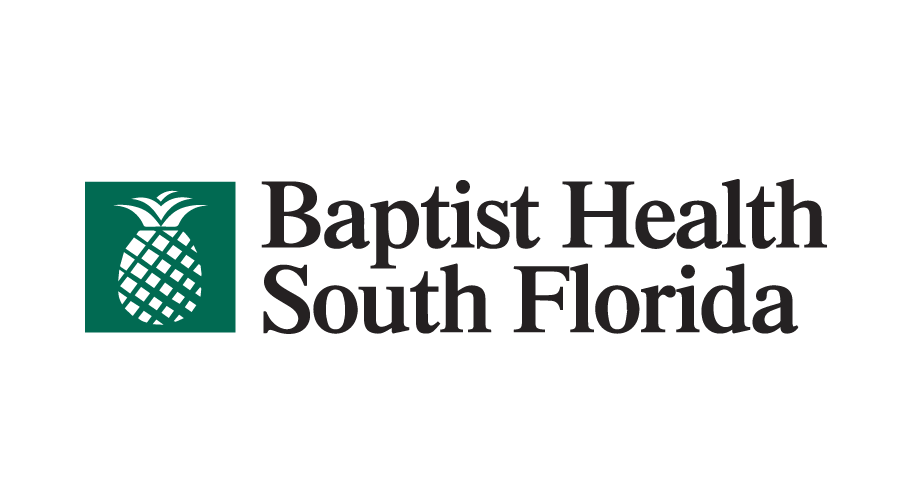

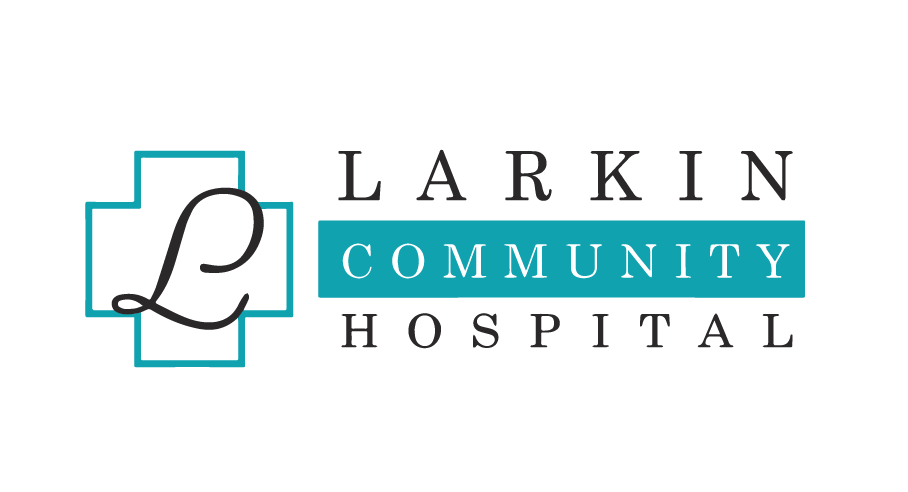
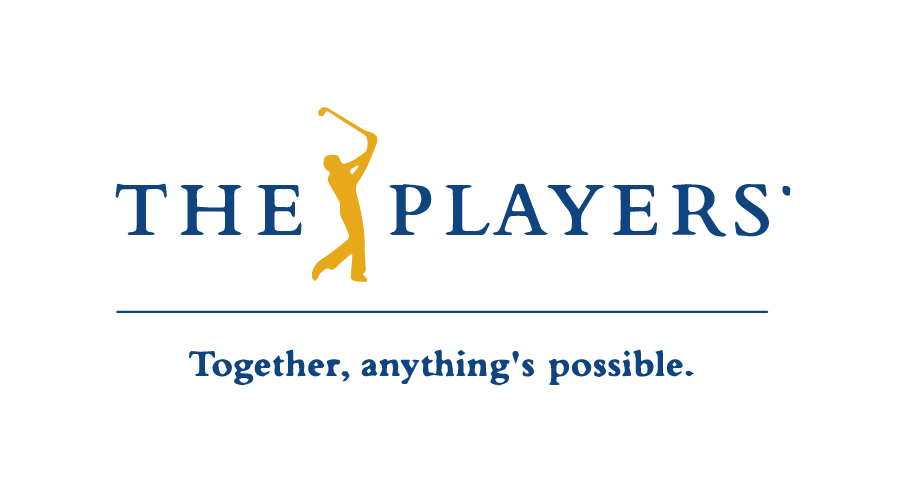
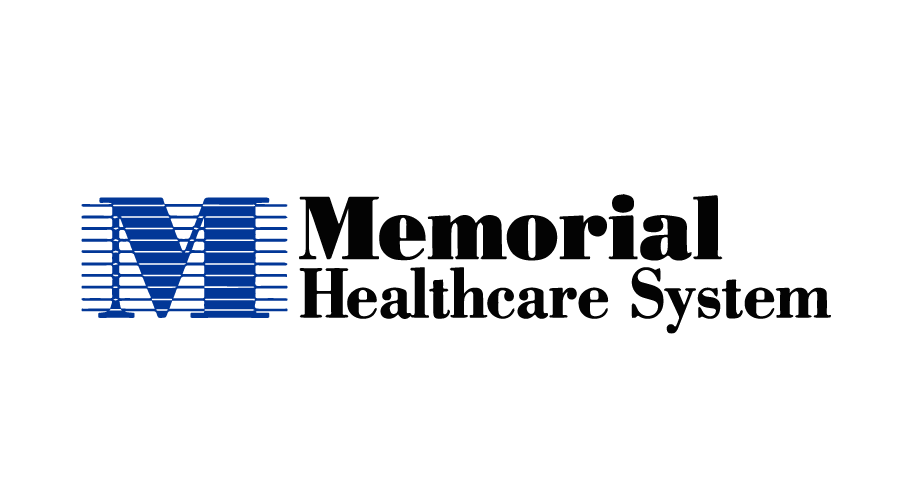





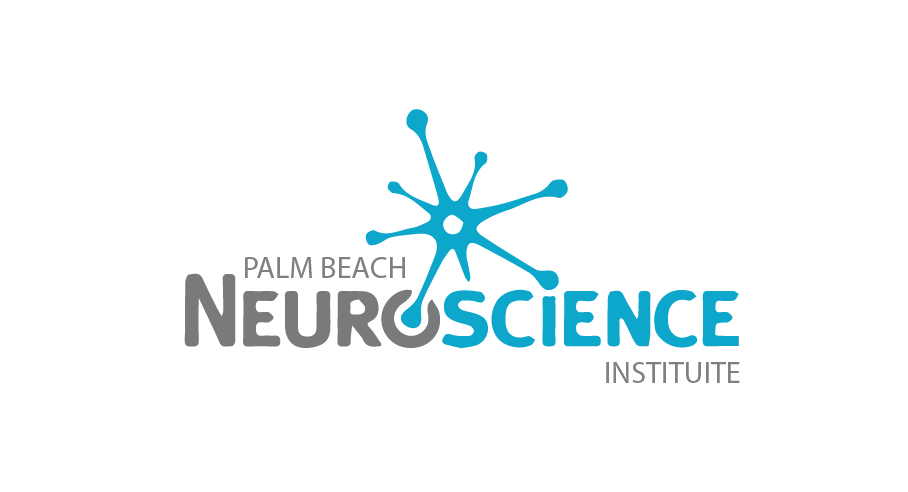

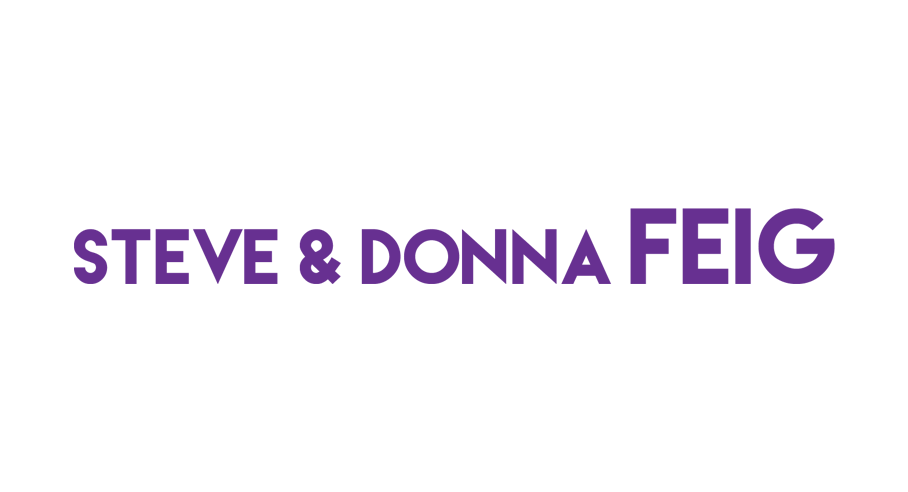

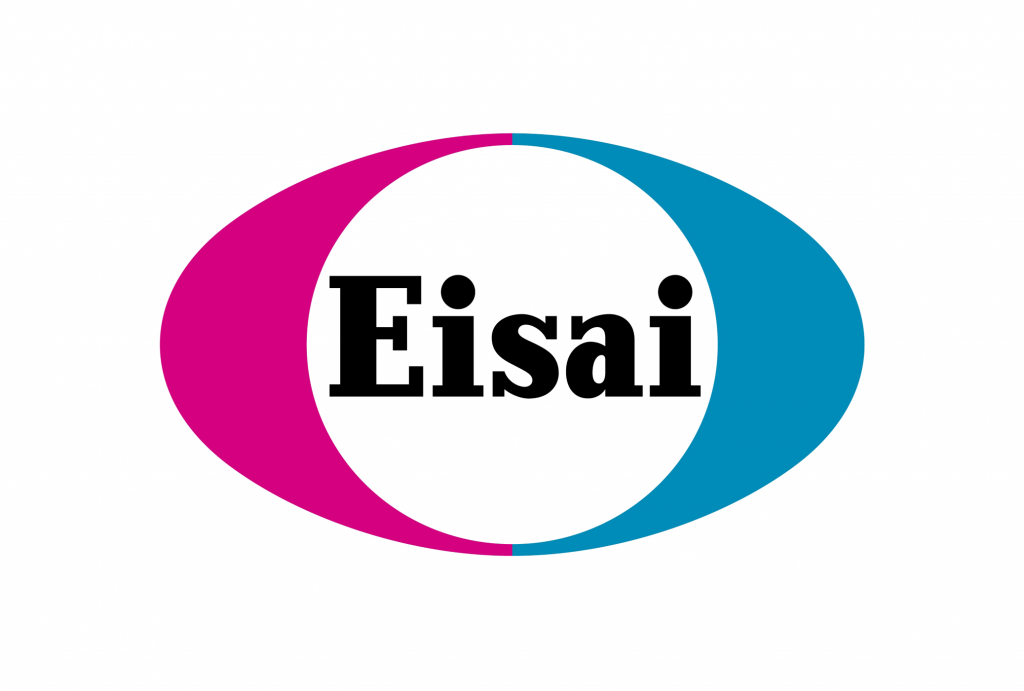
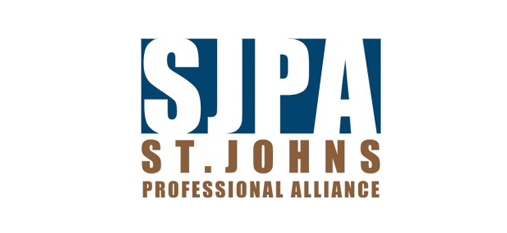
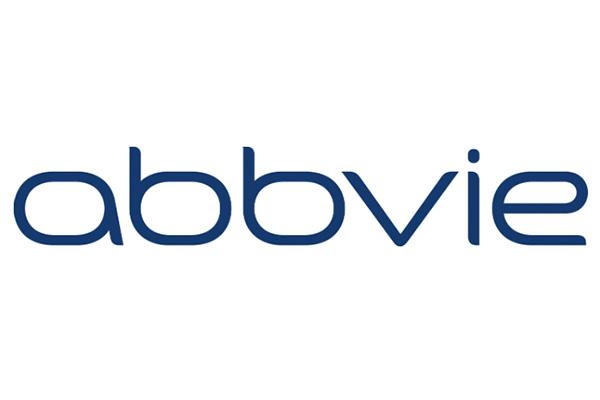
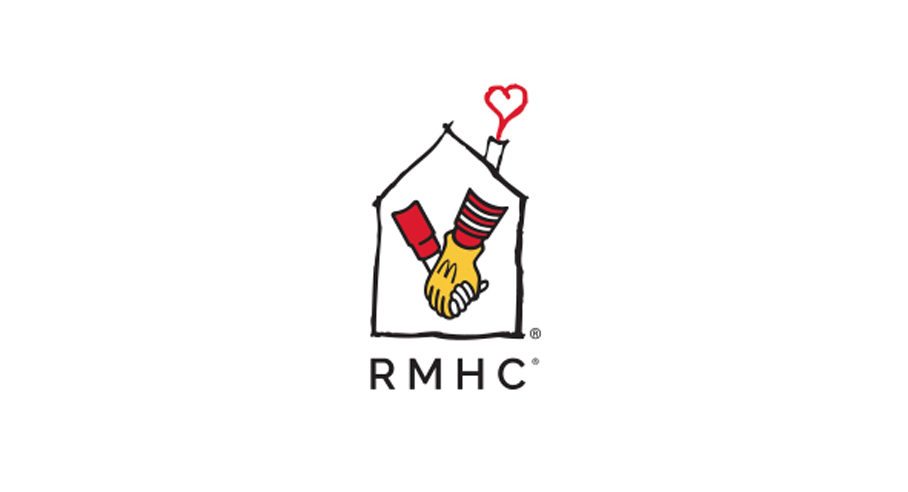
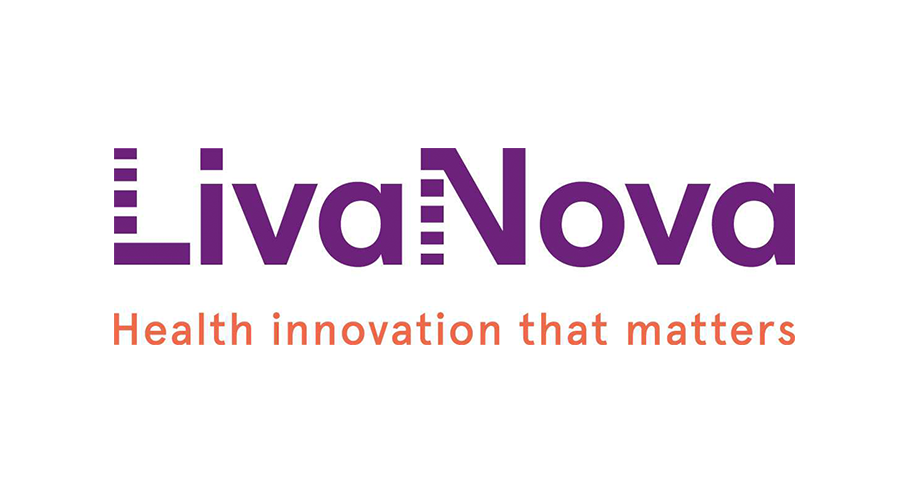

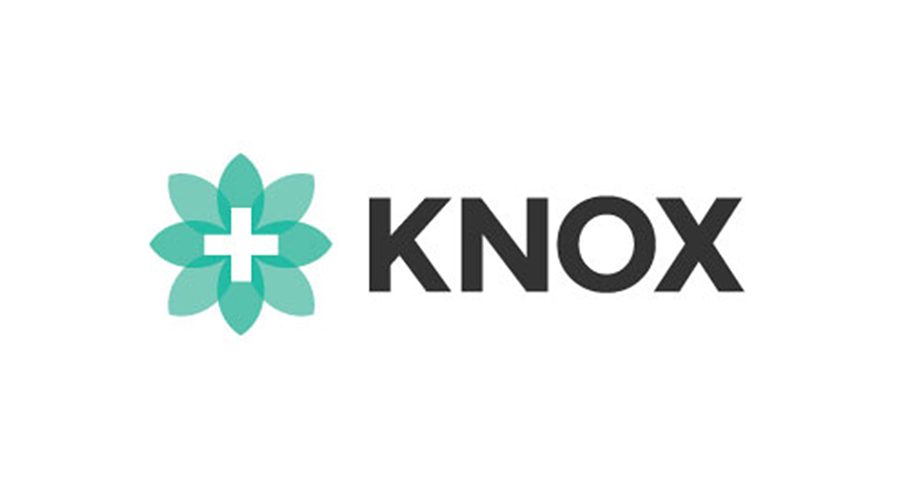

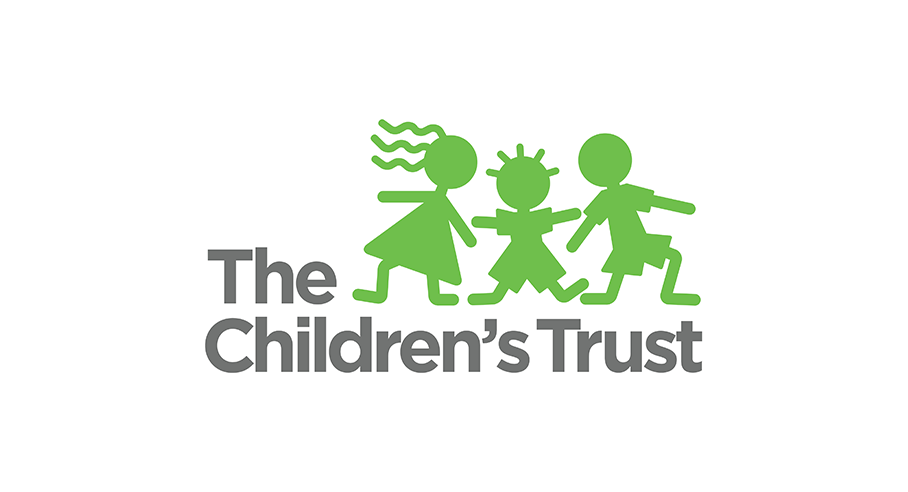


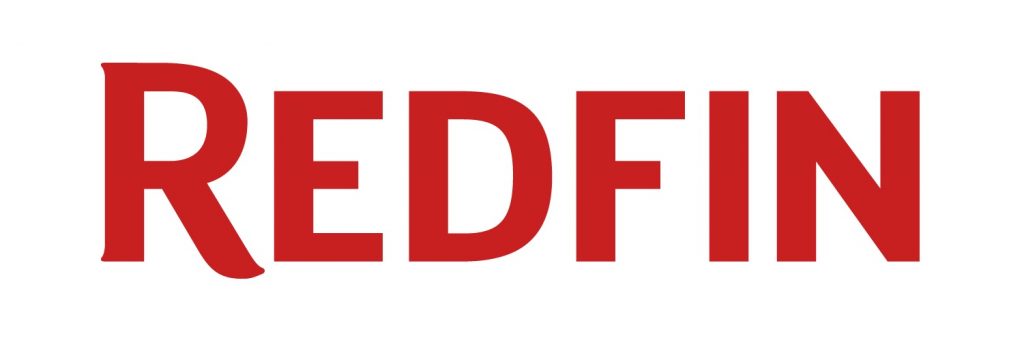
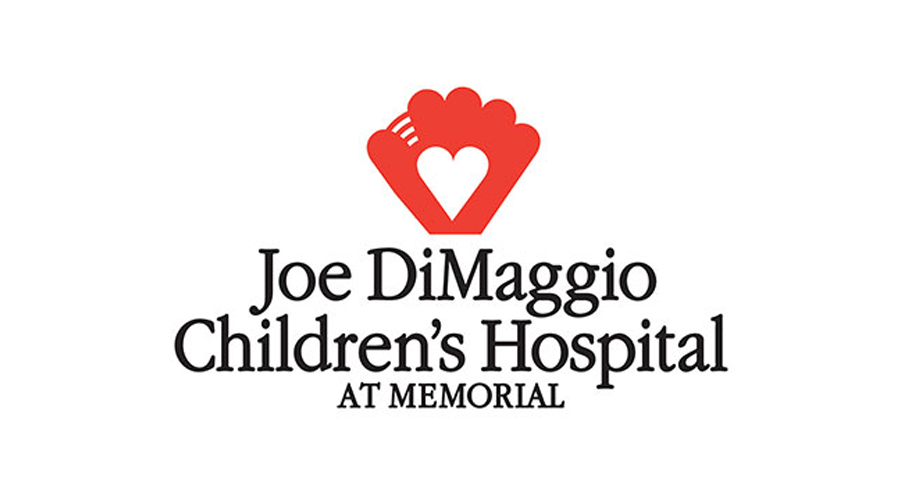

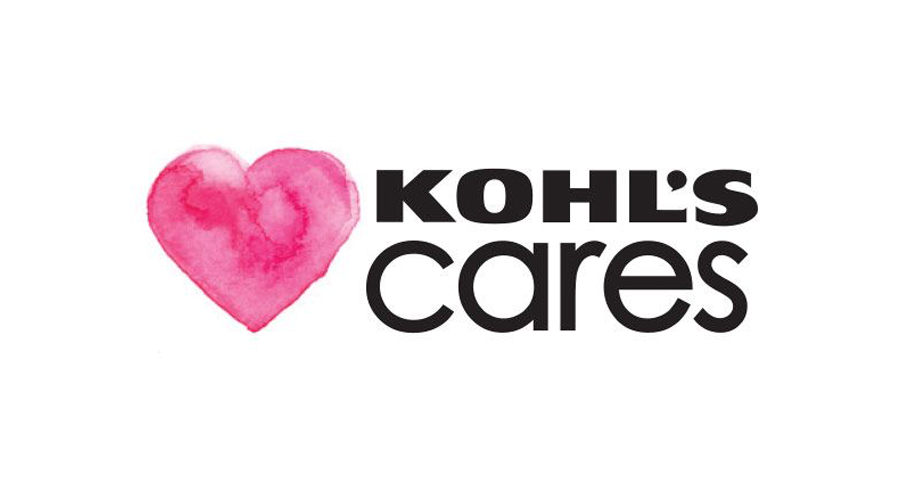
Post a comment